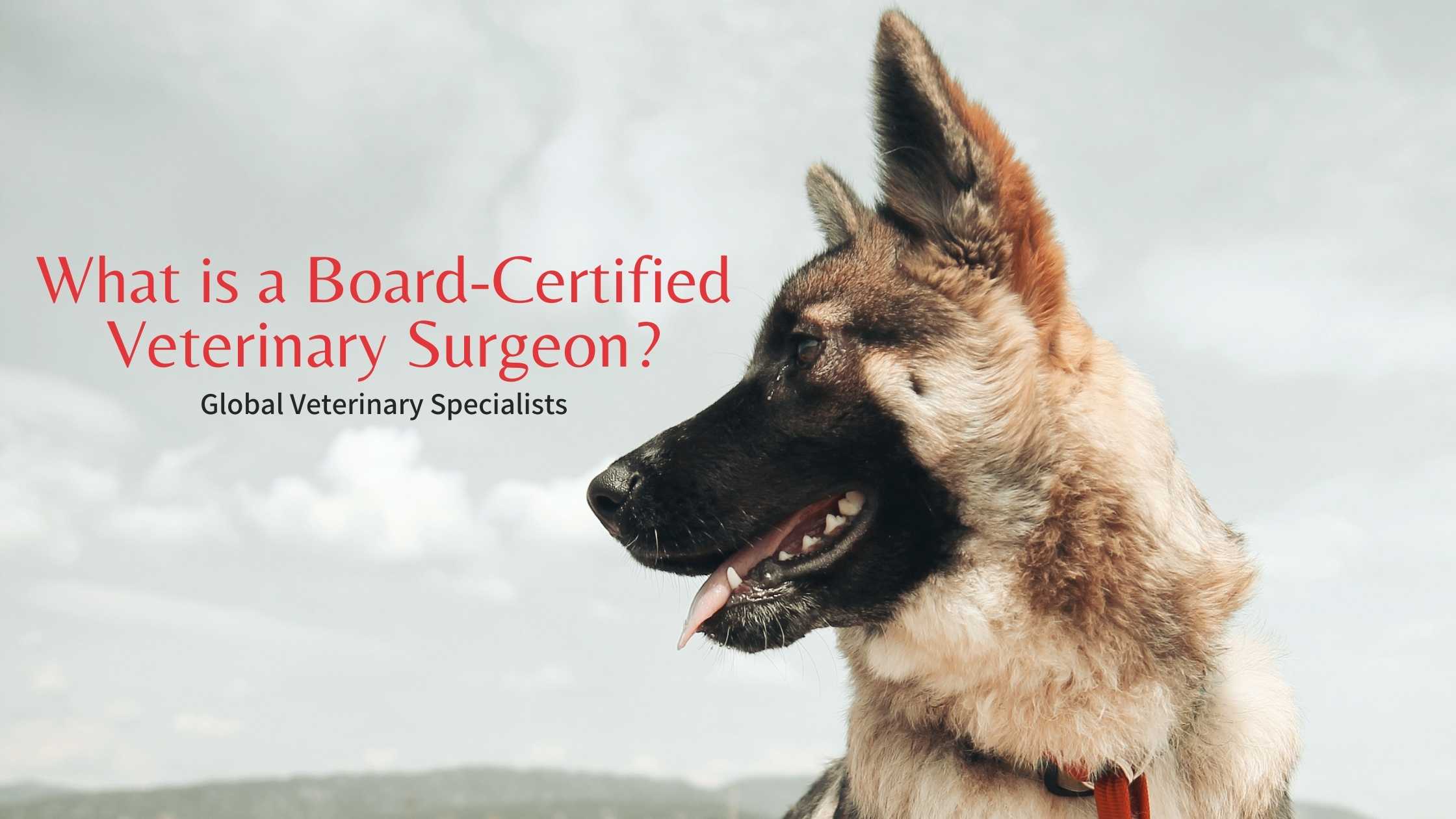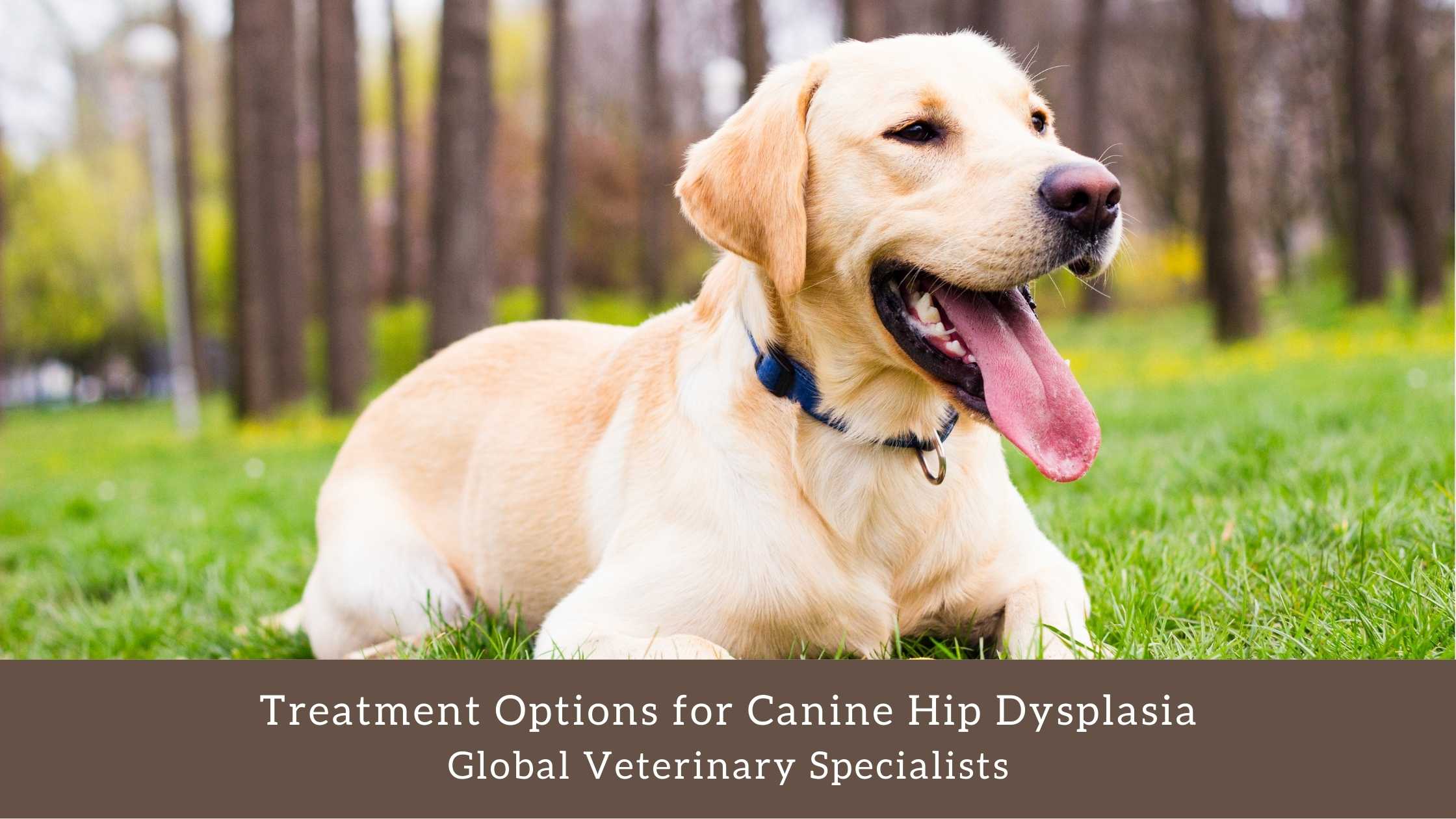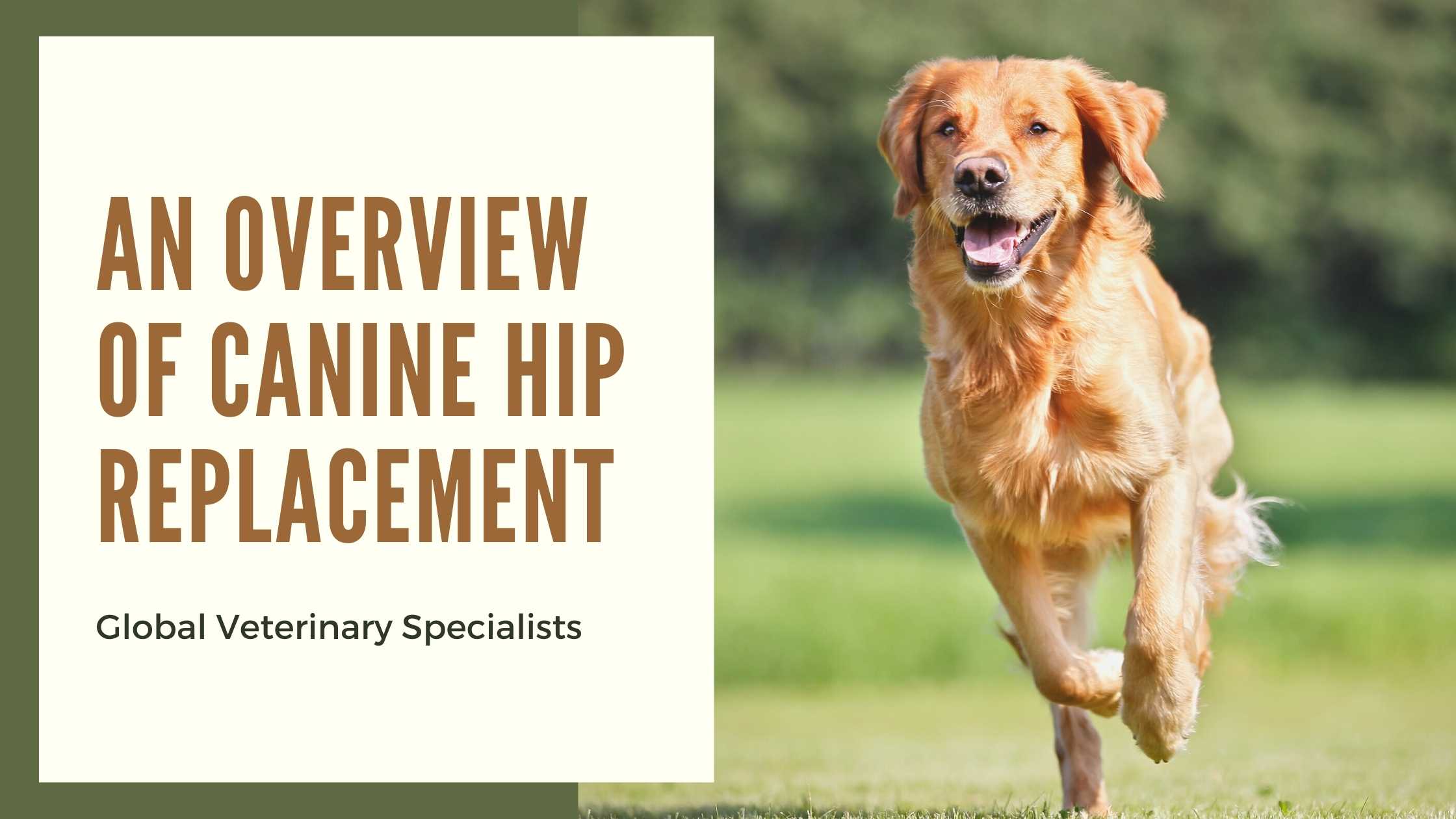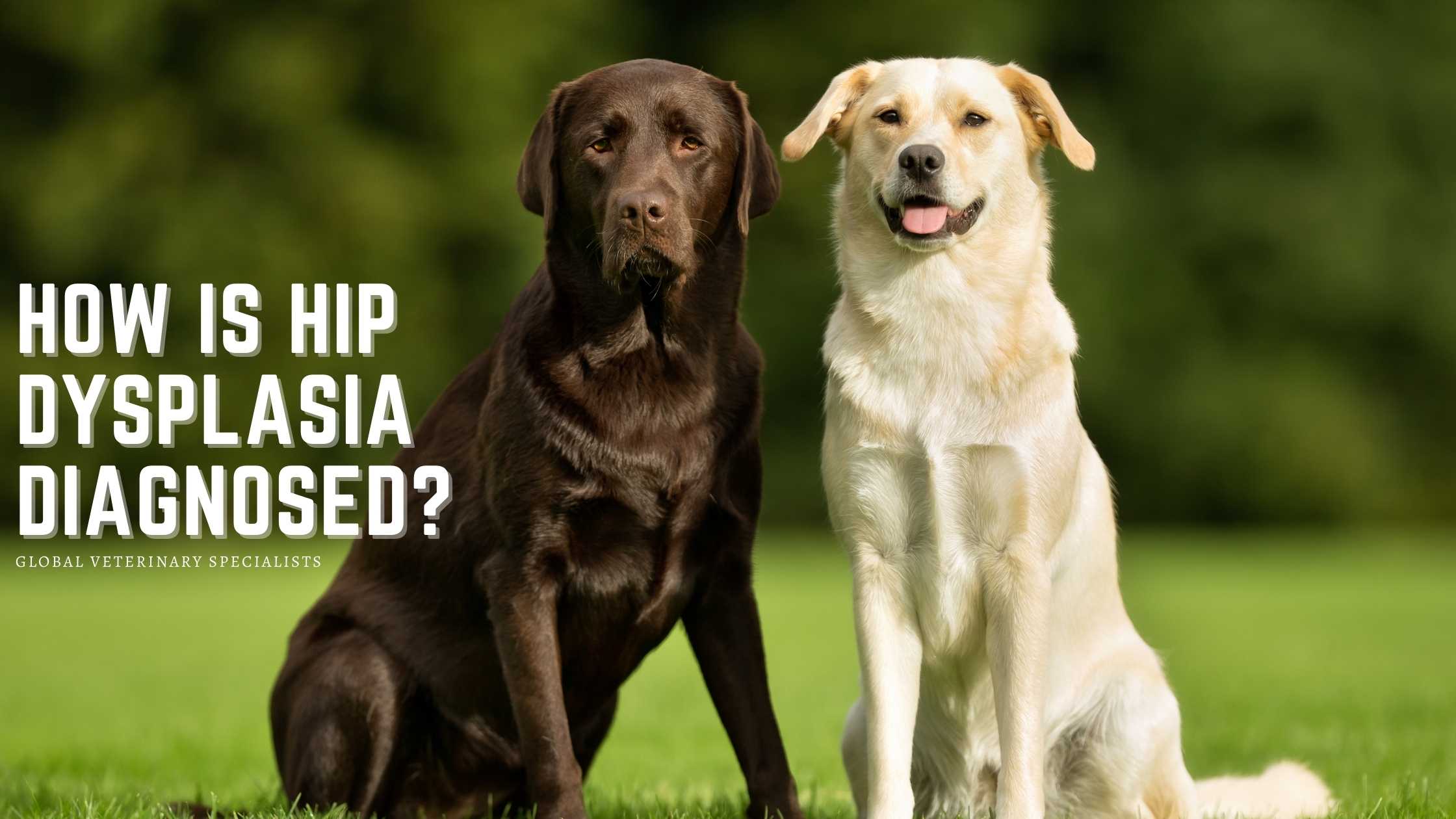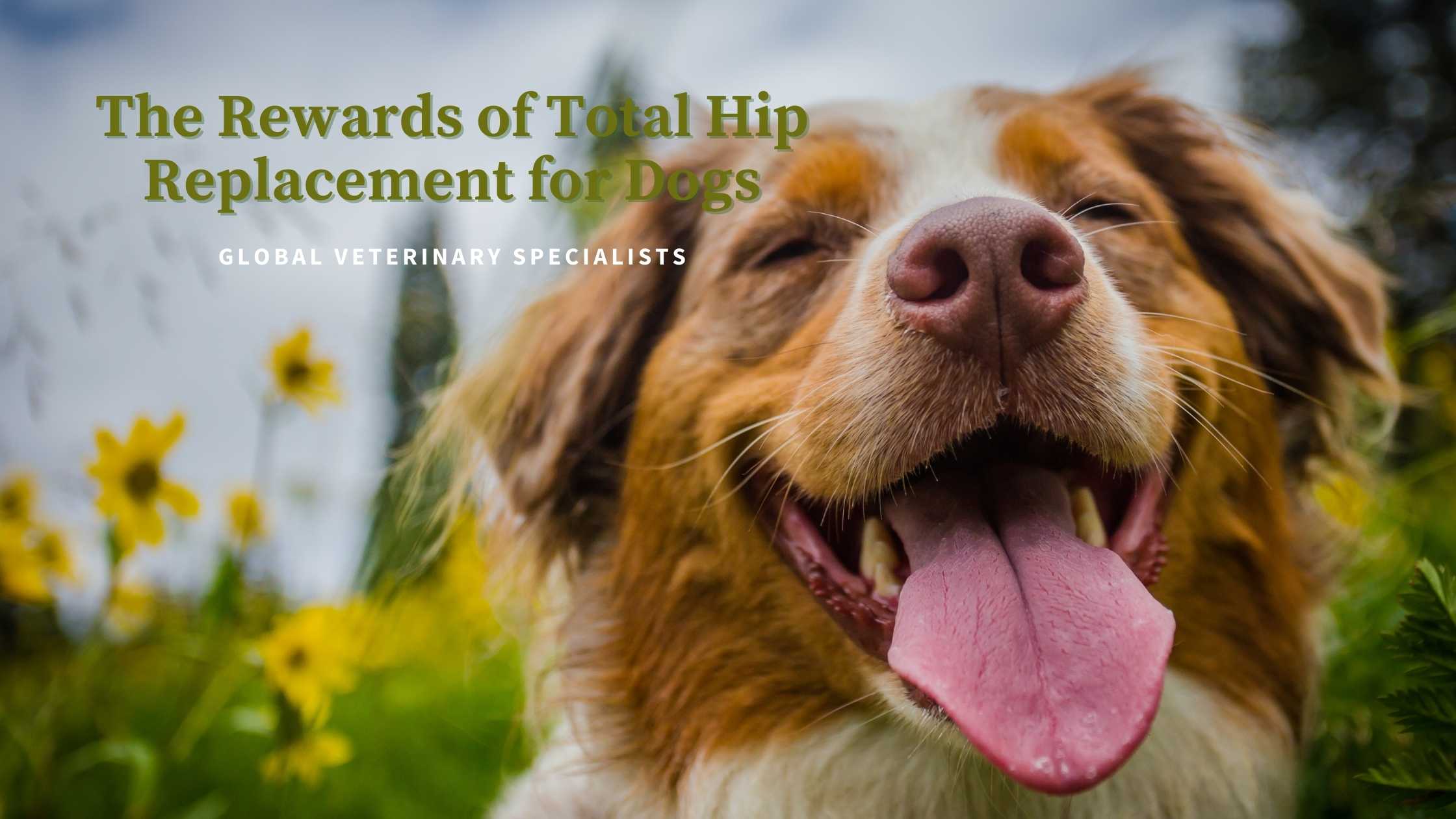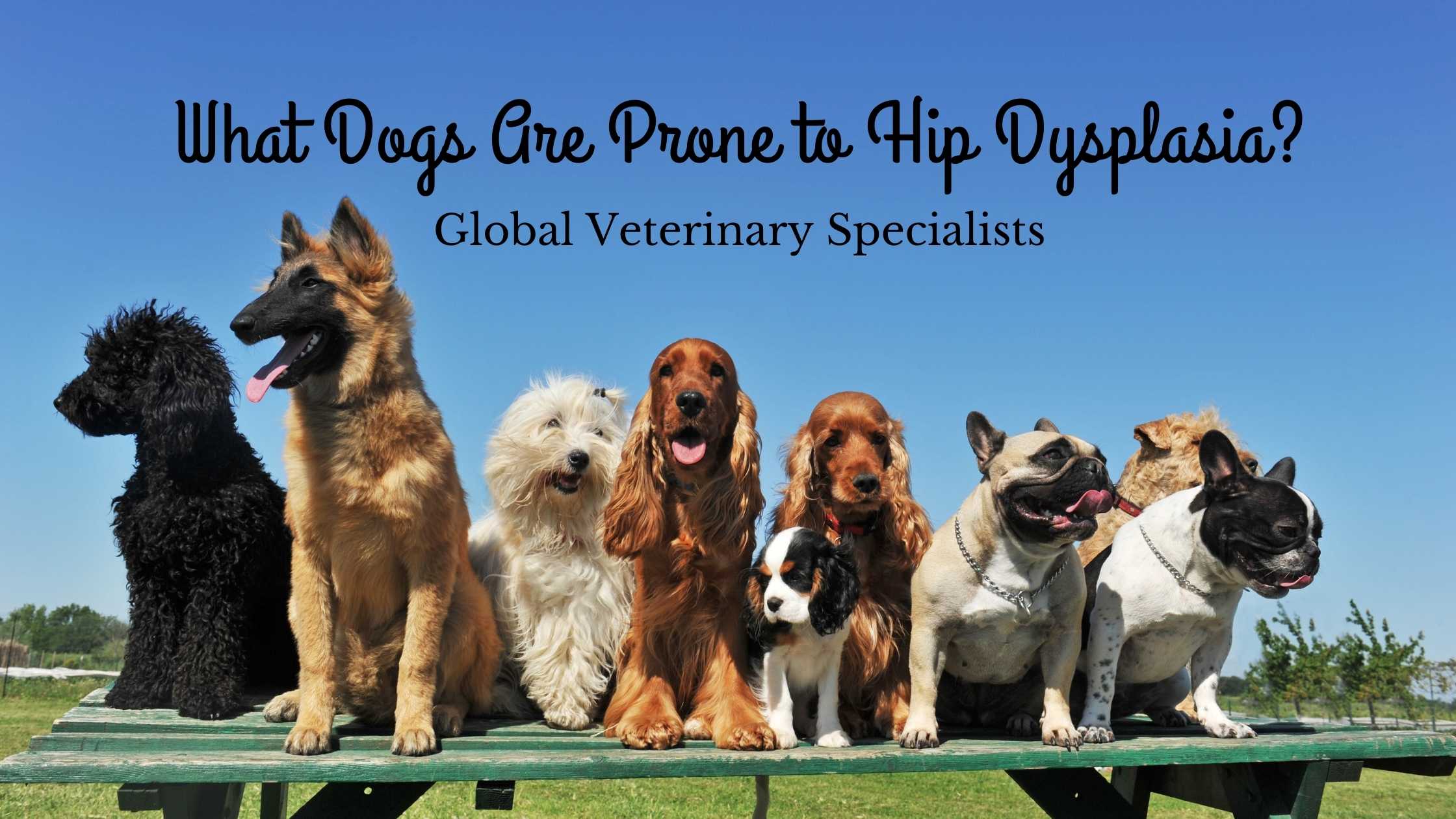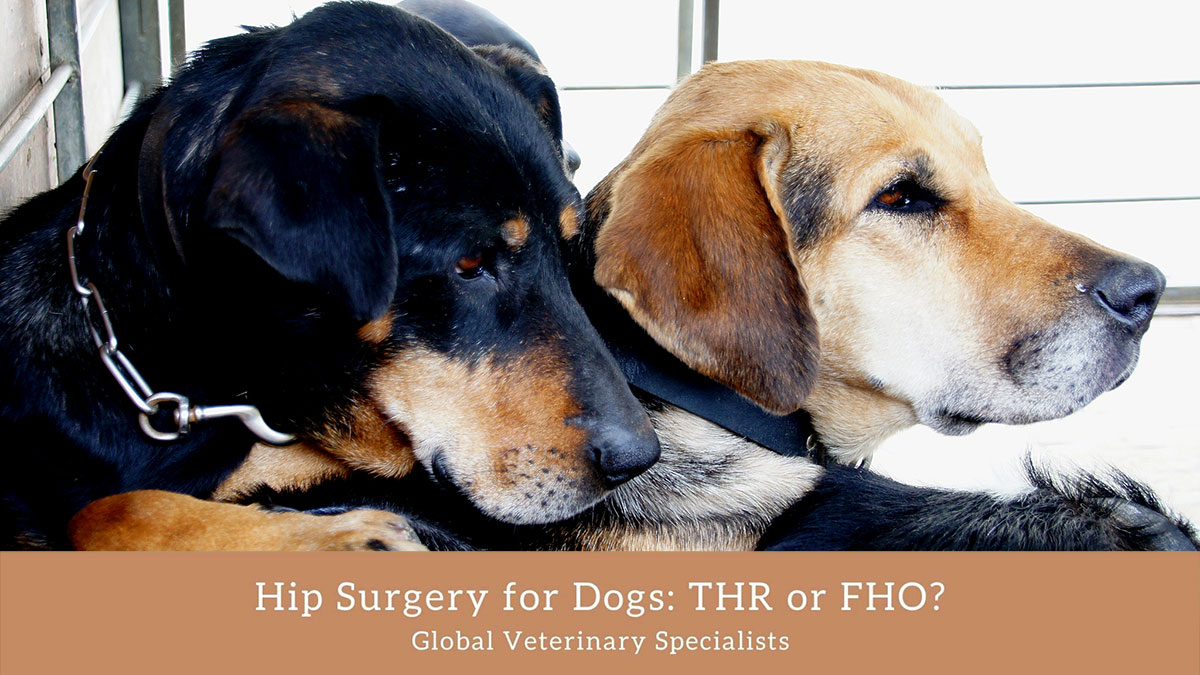Osteoarthritis (OA), also referred to as Degenerative Joint Disease (DJD), is defined as the progressive deterioration of the cartilage surrounding the joints. The American College of Veterinary Surgeons characterizes it as a loss of joint cartilage, thickening of the joint capsule, and the development of bone spurs (osteophytes). That can result in inflammation, discomfort, and decreased...
Will My Pet Need a Total Hip Replacement?
Treatment for hip dysplasia depends on the condition’s severity and your pet’s overall health. Typically, conservative treatment options such as pain management and exercise modifications are attempted before a board-certified veterinary surgeon will recommend a total hip replacement (THR), particularly for dogs and cats with mild HD whose symptoms have not progressed to the extent they...
What is a Board-Certified Veterinary Surgeon?
Treating moderate to severe hip dysplasia – a painful condition characterized by abnormal joint laxity of the hip joint – surgically is best managed by a board-certified veterinary surgeon like Global Veterinary Specialists founder Dr. William Liska. A board-certified veterinary surgeon has completed additional years of training, successfully meeting the American College of Veterinary Surgeons (ACVS) specific...
Treatment Options for Canine Hip Dysplasia
There are several treatment options for canine hip dysplasia, both non-surgical and surgical, depending on the condition’s severity and your dog’s health. Conservative medical management and surgery, with total hip replacement (THR) providing the most effective relief, are two standard treatment options. Combining these options with exercise restrictions, physical therapy, and other lifestyle modifications are often...
An Overview of Canine Hip Replacement
The most common indications for canine total hip replacement surgery include but are not limited to hip dysplasia, secondary arthritis, hip luxation, femoral head/neck fractures, and avascular necrosis of the femoral head (Legg-Perthes disease). THR is commonly performed once skeletal maturity has been reached, although, under some circumstances, it may be performed before this time. While THR...
How is Hip Dysplasia Diagnosed?
Hip dysplasia (HD) is a condition that results from the abnormal development of the hip joint in which the ball does not fit snugly into the socket. It can affect both cats and dogs of any size or breed. A comprehensive examination must be completed to rule out other causes of hind lameness or conditions...
The Rewards of Total Hip Replacement for Dogs
The most common reason for performing a total hip replacement for dogs is to alleviate pain and restore motion in companion animals that have been diagnosed with severe degenerative joint disease secondary to hip dysplasia. Additional indications for this surgery include: Coxofemoral luxation that is not amendable to either closed or open reduction Capital epiphyseal and femoral neck...
What Causes Hip Dysplasia?
Hip dysplasia (HD) is characterized by abnormal laxity of the hip joint, in which the ball and socket do not fit correctly, resulting in irregular wear of the joint surfaces. The condition leads to inflammation, pain, and lameness and may ultimately necessitate surgical intervention. The cause of hip dysplasia is multifactorial. That means several factors...
What Dogs Are Prone to Hip Dysplasia?
Hip dysplasia (HD), while more common in popular medium and large breeds, can reduce the quality of life for dogs of any size or breed. The condition has also been reported in cats. Although the exact cause is multi-factorial, it develops when the bones and soft tissues develop at a disproportionate rate, resulting in abnormally...
Hip Surgery for Dogs: THR or FHO?
Treatment options range from conservative medical pain management to surgical intervention. Of the latter, options for hip surgery for dogs diagnosed with hip dysplasia include Total Hip Replacement (THR) and Femoral Head Ostectomy (FHO), which we discuss below. It is best to speak with your veterinary surgeon about all available options before making a decision....


